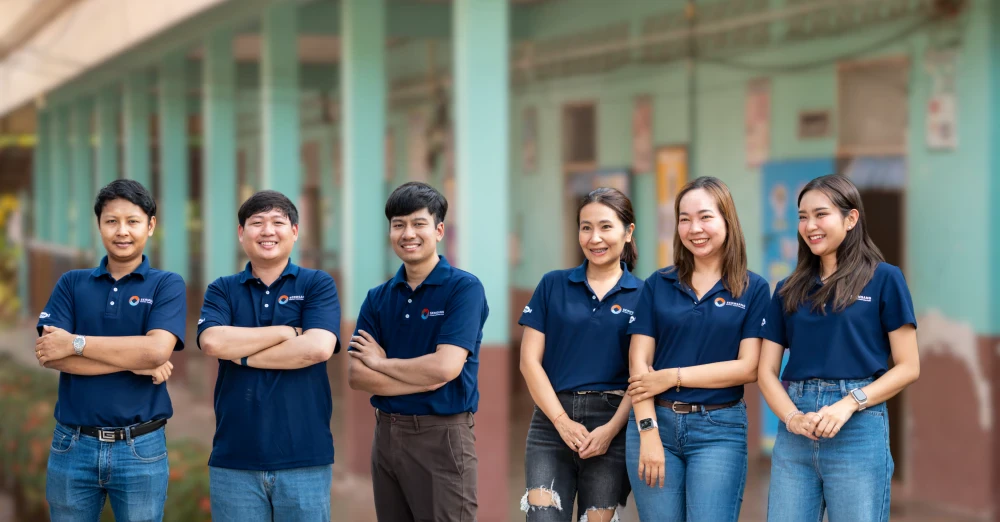19 June 2025
“Diversity as the Foundation of Sustainability”: Insights from Sermsang Power’s Commitment to Inclusive Management

Historically, many organizations have perceived gender and diversity issues primarily as social concerns or elements of corporate social responsibility (CSR) image-building. However, in the current landscape, the concept of Diversity, Equity, and Inclusion (DEI) has evolved into a fundamental strategic pillar for sustainable business management.
Sermsang Power Corporation Public Company Limited (SSP) stands as a prominent example of a Thai organization demonstrating that gender diversity and equal opportunity are not merely ethical imperatives but strategic mechanisms essential for enhancing organizational efficiency, fostering collaboration, and achieving long-term sustainable growth.
Non-Discrimination as a Fundamental Principle of Equity
SSP explicitly commits to a policy of non-discrimination, ensuring that all personnel are treated equitably without prejudice or bias based on gender, age, sexual orientation, disability, political beliefs, religion, marital status, or socioeconomic background.
Significantly, this policy extends beyond internal employees to encompass the entire business value chain, including partners, neighboring communities, and business affiliates. This comprehensive approach underpins a sustainable framework that systematically connects all relevant stakeholders.
Integration of Human Rights into Proactive Risk Management
A distinctive feature of SSP’s approach is the integration of human rights principles into its organizational risk management processes, adhering closely to international frameworks, including:
- The Universal Declaration of Human Rights (UDHR)
- The International Labour Organization (ILO) Core Conventions
- The United Nations Global Compact principles
SSP undertakes thorough human rights risk assessments across key stakeholder groups—ranging from employees and surrounding communities to the broader business value chain—in order to mitigate risks of rights violations and to promote justice and fairness both internally and externally.
Equal Opportunities in Personal and Professional Life
Gender equality, particularly regarding female employees, remains a critical dimension of SSP’s commitment. The organization’s support extends beyond statutory maternity leave to encompass postnatal care, facilitating the reintegration of female employees into the workforce without compromising their career advancement. The company designs systems that enable women to balance the dual roles of motherhood and professional growth without having to sacrifice one for the other.
These policies not only strengthen organizational loyalty but also contribute to reduced turnover, improved retention rates, and the cultivation of a more balanced and inclusive corporate culture.
Leadership Representation as a Catalyst for Structural Transformation
Although women currently represent only three out of ten board members at SSP, the company’s transparent disclosure of this data demonstrates a sincere dedication to progressing toward long-term gender equity objectives.
Gender diversity within leadership is not solely a matter of numerical representation but is critical for incorporating diverse perspectives into decision-making processes and fostering an open, inclusive organizational environment at all levels.
Diversity as the Structural Basis for Sustainable Growth
SSP’s sustainability reporting reveals that the organization’s efforts are not merely responses to governmental mandates or attempts to enhance corporate reputation, but rather stem from a profound recognition that diversity and gender equity constitute the fundamental infrastructure for sustainable business practices in a world of evolving social expectations.
In an era marked by rapid internal and external changes, establishing a system where all individuals feel included, respected, and afforded equal opportunities is vital not only for organizational survival but also for enabling robust, sustainable growth and meaningful global connectivity over the long term.

